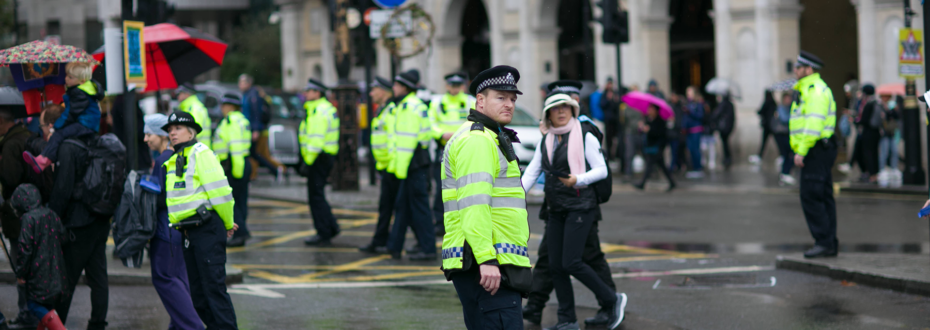Reports that the Metropolitan Police will stop responding to some mental health emergencies is disturbing, Centre for Mental Health has said today.
In response to Metropolitan Police Commissioner Sir Mark Rowley’s suggestion that from September, officers will only attend mental health 999 calls where there is an “immediate threat to life”, Centre for Mental Health chief executive Andy Bell said:
“A mental health emergency is a health emergency and it rightly requires a health response. Just like a physical health emergency, we should expect that if we have a mental health crisis we would be seen quickly by trained mental health workers in places that are safe, without the need for police intervention.
“However, since 2013 preventative public health services have been cut by 24% whilst NHS and social care has come under increasing pressure with rising demand and a shrinking workforce.
“The public’s mental health has deteriorated as poverty and other pressures have worsened, especially since the pandemic began. More people are calling for help and too many get to crisis point before they are getting any support. The NHS has been expanding its mental health services, but levels of need are growing faster than it can increase its capacity to provide essential care and treatment. Too often this means the police are the only public service that responds to someone in a crisis.
“Police officers need to be properly equipped to respond to people in a mental health crisis when their safety is at risk. But we also need sufficiently resourced health and social services to reduce levels of police involvement when someone requires urgent care. And the police should not be the default responder to a mental health emergency.”
“We need to see greater investment in public health and mental health services. Where possible, people should be supported before they get to crisis point through effective early help. When emergencies do happen, we need health care, social services, ambulance services and the police to work together to ensure people get immediate help in a safe place. And any arrangements that are put in place for responding to mental health crises must be based on robust evidence of what works best for the patients themselves.”


